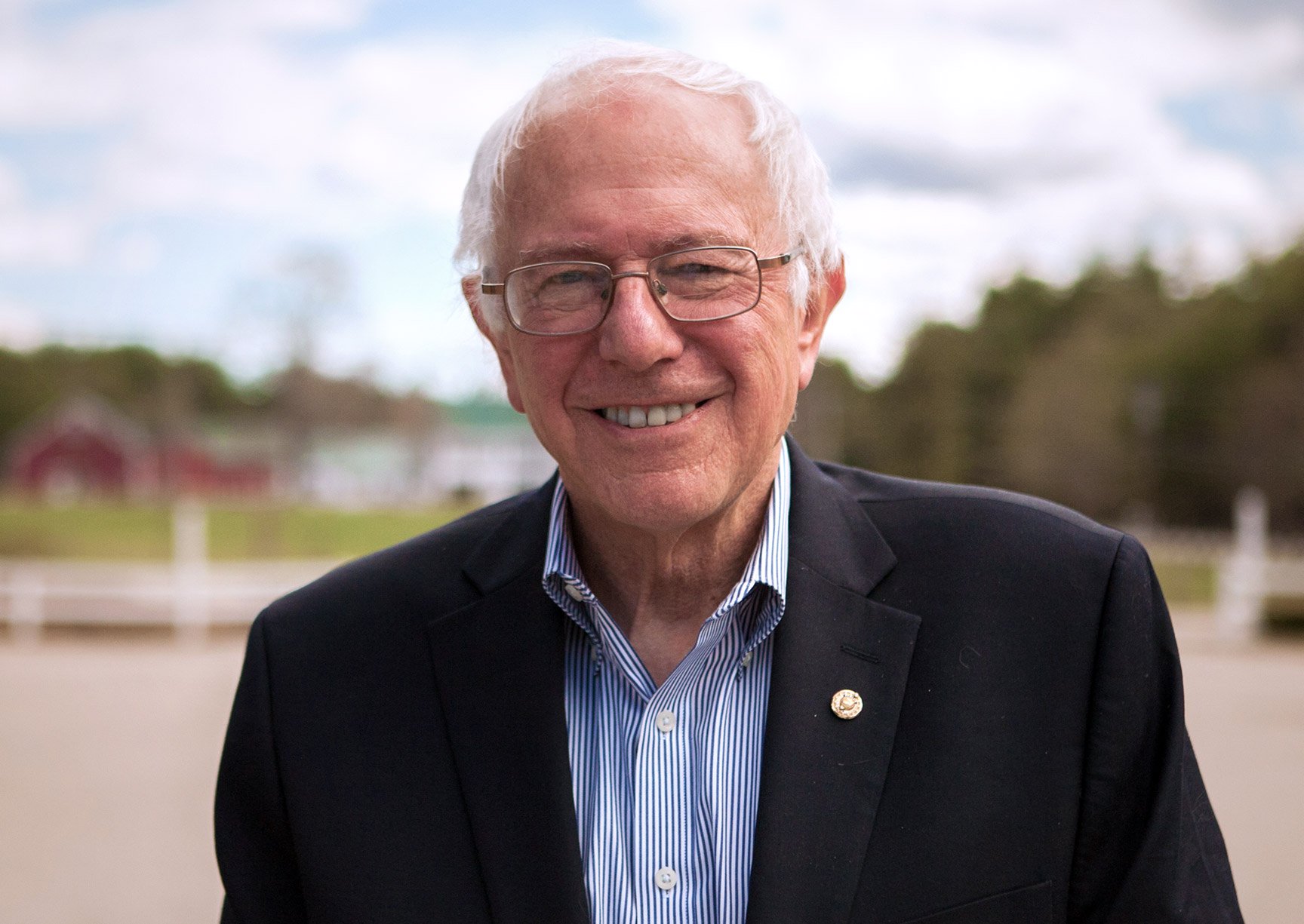Written By: Claire Gould
Opening my mouth to speak immediately betrays the fact that I am American. What follows are questions from strangers about our politics. Did I vote for Trump? No? Then was I “Feeling the Bern”?
Yes, I am a sworn liberal – my mom was the chairwoman of our county’s “Moms Against Guns” society – and, yes, I agree with Bernie Sanders on many aspects of his political platform. However, I believe that the way that Sanders ran his campaign was detrimental to the Democratic cause and the realisation of his own progressive vision.
America has a rigid two-party system: the Democratic Party represents more liberal beliefs and the Grand Old Party (the Republicans) represent conservatism. Whilst other parties, such as the Greens and the Libertarians, technically exist, are never true contenders in major political races.
This system has its benefits, such as relative stability. It also encourages the parties to gravitate towards a political ‘middle ground’ in an effort to appeal to a larger population of voters. However, a crucial disadvantage of a two-party system is that it leaves the country with a lack of choice, often making voters feel stuck between two uninspiring options. Therefore, regardless of the candidate, is common for citizens to vote solely along partisan lines.
While America is deeply partisan – we once had to scrape our Obama stickers off our Volvo minivan whilst visiting family in rural Texas so our tires wouldn’t get shot out – there is a reason why some Sanders supporters ended up voting for Trump in the general election: both Bernie and Trump promised change and challenged the complacencies of the governmental establishment. This appealed to a voter base largely comprised of lower and middle classes struggling with a high unemployment rate, crippling student-loan debt, unaffordable housing and a stagnant minimum wage. Both candidates stressed the importance of stripping an ineffective and upper-class-serving government of its corruption, inspiring a new wave of populism. Trump called it “draining the swamp”. Bernie called for a revolution.
Beyond this parallel, I am not equating Sanders with Trump in any way. Crucially, what radically separates them is that Sanders has a moral compass. However, like Trump, Sanders freely promised wildly unattainable goals; ones which made Hillary Clinton’s more reasonable campaign seem establishment-like and conservative by comparison.
Bernie Sanders has been accused of not mobilizing his supporters fast enough in support of his Democratic rival when it became obvious that the nomination would go to Hillary. In Presidential elections, it is vital to have a united Party in order to win the Presidency. Hillary was certainly a flawed candidate, but she was unfairly villainized to the point where her failings were equated to Trump’s – Trump, a noted virulent sexist, racist, thin-skinned fraud with a penchant for playground bullying, someone obviously unequipped for a job requiring tolerance and the mental fortitude to handle criticism. This is where Sanders and his supporters failed the party (and ultimately the U.S. at large): they refused to back the Democratic nominee, simply to make a statement.
This all rings true with the adage that good prophets make bad leaders. Like most prophets, Sanders is uncompromising in his ideology. While he did introduce important ideas that should be brought into the national conversation, politics often means compromising ideals to placate those with differing views. As president, Sanders would have never be able to pass any legislation with our currently Republican-controlled House and Senate. The Democrats knew that they needed someone more moderate, someone who could appeal to both parties so that their agenda could have a chance of being fulfilled. They knew they needed Hillary Clinton.
By the time Sanders eventually gave his half-hearted endorsement, he had already done irreparable damage to Hillary’s chances of becoming President. In any other election, I would agree that it would be irresponsible to vote solely along party lines without considering the aspects of both candidates’ platforms; however, this particular election was ironically apolitical. It became about electing a personality instead of a political ideology.
The character assassination of Hillary Clinton ultimately cost her the election. Sanders had painted her along the campaign trail as government insider, as just as bad as the ‘rest of them’, despite the fact that she was ultimately working towards the same liberal ideals as he was. Clinton was a step in the right direction but Sanders’ supporters, spurred on by his revolution-or-nothing rhetoric, failed to recognise the common goals that they shared with the former First Lady. We now live in the worst possible outcome for Clinton and Sanders supporters alike, powerlessly watching the cruel regression in both human and environmental rights that Trump is bringing about.
I agree with Bernie Sanders: things need to change. However, his emotive rhetoric and broad, sweeping calls for revolution in the streets only widen the chasm felt between partisan lines. It is most likely that change won’t come about on revolutionary proportions. No matter how romantic this might sound, real change comes in the form of small legislative acts; a country working towards a sympathetic discussion of policy; with every citizen turning up on voting day and casting a vote in the ballot box to bring about the change they envision is best for America.
Sanders is not useless, and he should continue voicing his ideals. Maybe, though, he should be more mindful in doing so. What the country needs is a unifying force to heal tension and mistrust in our rigidly factional political system – this is not something that extreme rhetoric and baseless promises can provide.
(Image from https://berniesanders.com/media-kit/)

